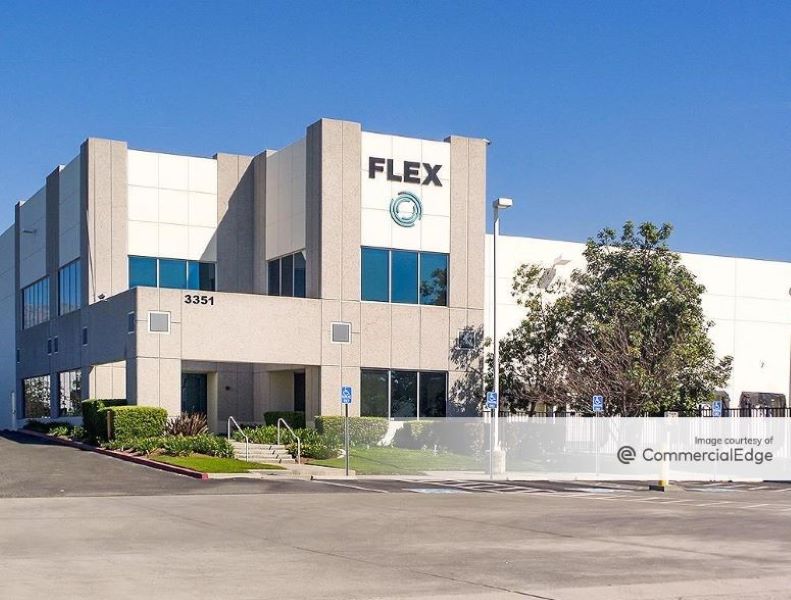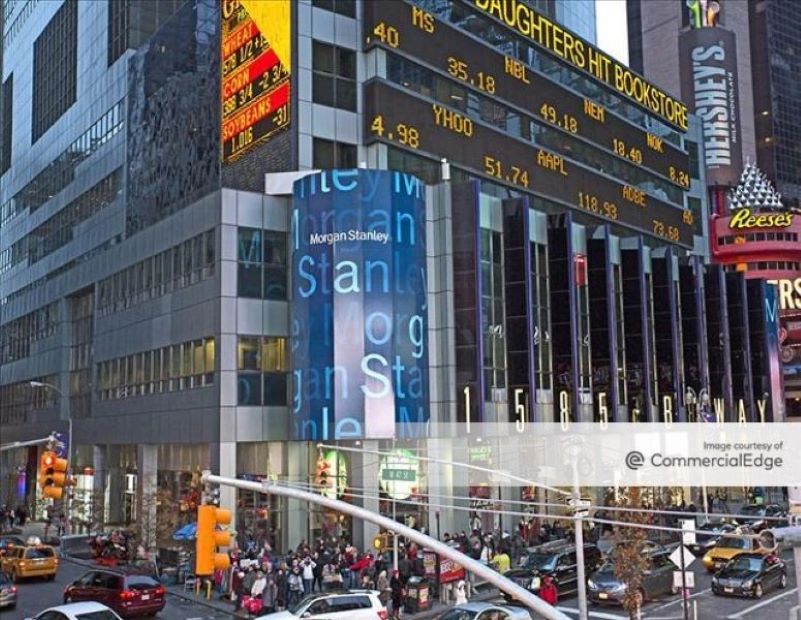Dan Probst: ENERGY STAR disclosure helps tenants, owners
Dan Probst, Jones Lang LaSalle In passing legislation requiring building owners to benchmark energy and disclose the information prospective tenants and investors, Philadelphia joins the ranks of cities like New York City, Washington DC and San Francisco in trying to leverage market forces to reduce carbon emissions. Actually, Philly has gone a step further…
Dan Probst, Jones Lang LaSalle
In passing legislation requiring building owners to benchmark energy and disclose the information prospective tenants and investors, Philadelphia joins the ranks of cities like New York City, Washington DC and San Francisco in trying to leverage market forces to reduce carbon emissions. Actually, Philly has gone a step further by also mandating water reporting.
Measurement of energy and water will be done through ENERGY STAR Portfolio Manager, so it will cost owners nothing. In fact, we have found that the process of getting an ENERGY STAR score—even without disclosure rules–often leads to energy improvements, in part because the data gathering process can uncover reduction opportunities, and in part because of the natural tendency to want to beat your personal best.
The idea behind mandatory measurement and disclosure laws is to give tenants and investors access to comparative information, on the idea that they will place greater value on high performing buildings. When a high ENERGY STAR means higher rent and occupancy, energy efficiency becomes owners’ top priority. Some cities are also planning to publish building scores on a public website, which may prompt improvement in corporate owner-occupied properties as well.
Jones Lang LaSalle rarely takes a position on the wisdom of government mandates affecting commercial buildings, but we are strong supporters of energy benchmarking and disclosure as a way to improve our industry while addressing climate change. The Institute for Market Transformation estimates that a national benchmarking and disclosure policy would save about $18 billion in energy costs by 2020 and would result in more than 59,000 net new jobs in our industry. And it will help lower the CRE industry’s environmental impact.
Cities and states that reduce energy cost, create jobs and address climate change concerns are gaining an advantage when it comes to attracting residents and businesses. One report on Philadelphia’s new law stated that cities with similar disclosure laws have seen a 6 to 7 percent decrease in energy use.








You must be logged in to post a comment.